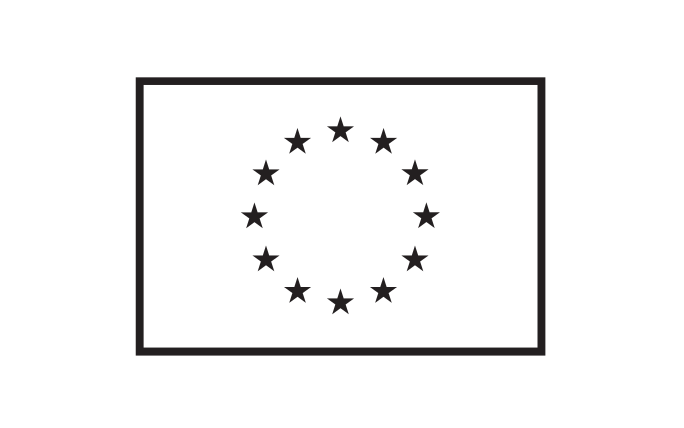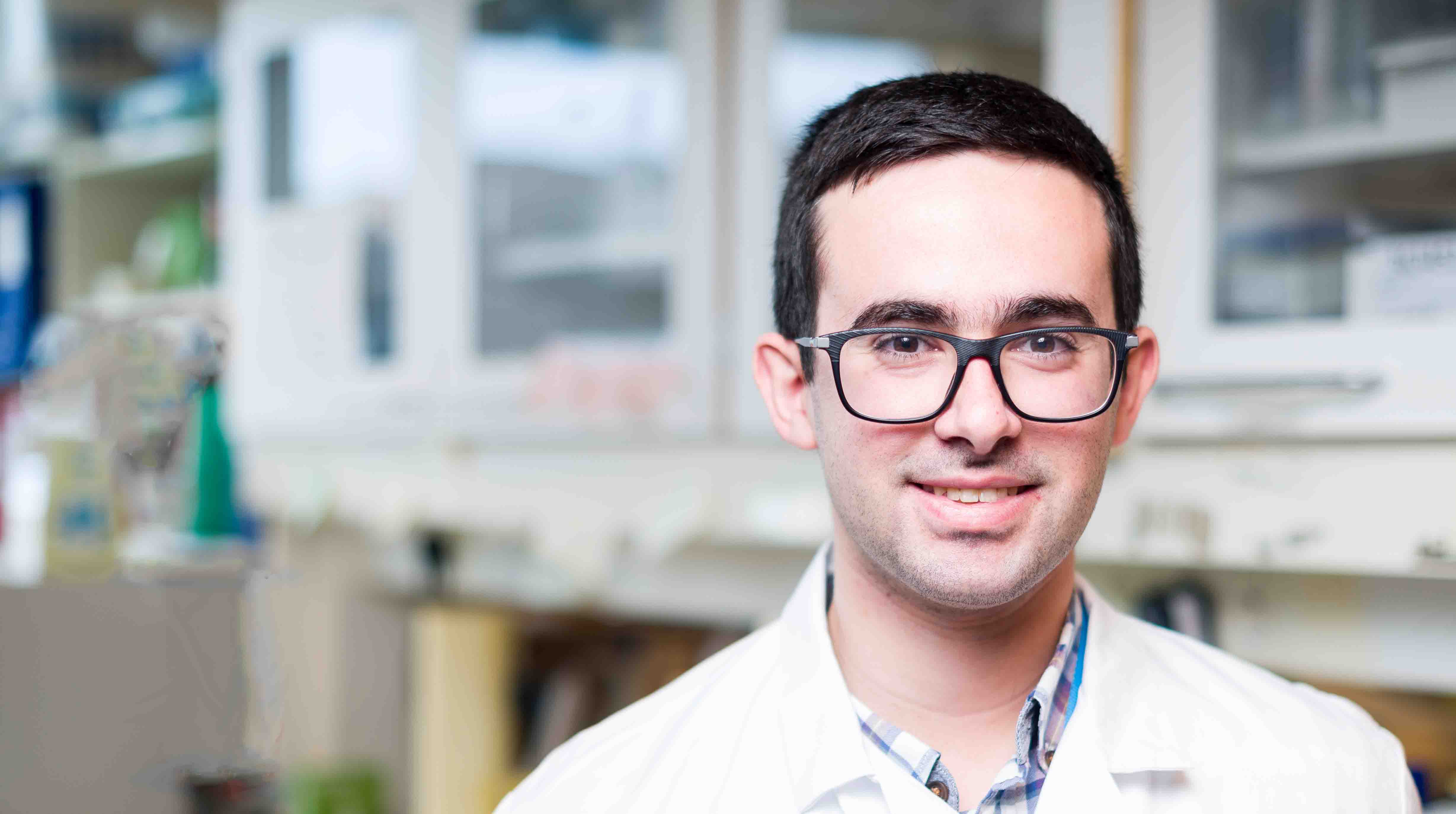The group of professor Mollnes has worked with a combined inhibition of complement (at the level of C3 and C5), and the Toll like receptors (TLRs) targeting CD14, a key co-receptor for TLR4, TLR2 and others, based on an hypothesis to attenuating the upstream innate immune activation when it is over- or dys-activated. This occurs in conditions like sepsis, trauma and ischemia reperfusion injury. The effect of this combined inhibition has been shown both in vitro (human whole blood model) and in vivo (mice and pigs) with impressive effect on the detrimental inflammatory reaction, including activation of complement, cytokines, haemostasis and leukocytes induced by bacteria. Gram-negative E. coli and N. meningitides, as well as several Gram-positive Staphylococci species have been investigated with principally the same beneficial effects have been investigated.
In this program we will investigate this therapeutic approach on opportunistic species including the fungi Candida and Aspergillus, which never has been studied in these models before. It will be a major scientific step forward to show whether fungi behave similar or different with respect to bacteria.
Furthermore, inhibitors of the terminal pathway (C7) will be added later on (produced by prof. Würzner, Innsbruck).
The second part of this project will be to develop a commercial assay for detection of C3 activation. For many years, an in-house assay based on the antibody bH6, characterized by Prof. Garred, has been used. This antibody is unique in the sense that it detects a neoepitope which is exposed on the C3 molecule immediately after activation, but not on native C3. This assay will be developed in collaboration with the company SVAR life science (Malmö, Sweden).






